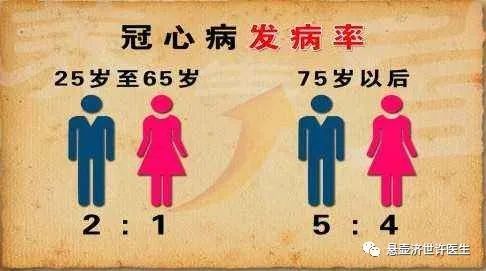1. Causes of Qi Deficiency
Qi deficiency is often due to insufficient congenital endowment, long-term dietary imbalance, emotional disturbances, prolonged illness, fatigue, and aging, which can lead to damage to the functions of the heart, lungs, spleen, and kidneys. Since the heart governs blood vessels, the lungs control the body’s Qi, the kidneys store Yuan Qi (original Qi), and the spleen and stomach are the “source of Qi generation and transformation,” a Qi deficient constitution can easily result in reduced blood circulation, insufficient Qi transformation within the body, and a decline in the body’s ability to defend against external pathogens, protect the skin, and maintain the functional positions of the internal organs.

2. Typical Symptoms of Qi Deficiency:
Qi deficiency primarily manifests as shortness of breath, reluctance to speak, fatigue, dizziness, spontaneous sweating, and exacerbation of these symptoms during physical activity. 1. Shortness of breath and reluctance to speak may present as breathlessness, a weak voice, and a lack of desire to talk.

2. Fatigue Generalized weakness and a tired appearance.
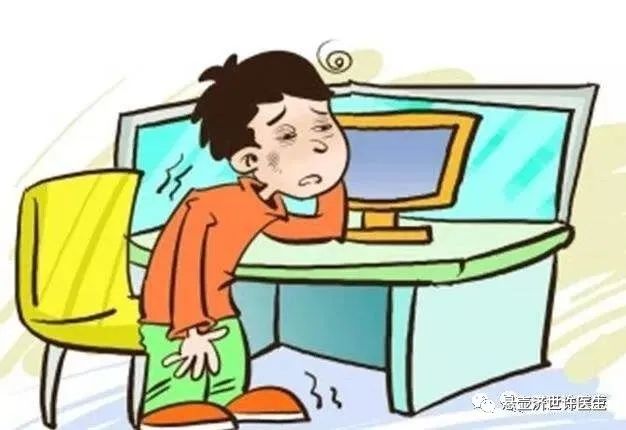
3. Dizziness Patients may experience dizziness, often described as vertigo. Some patients may also have tinnitus.
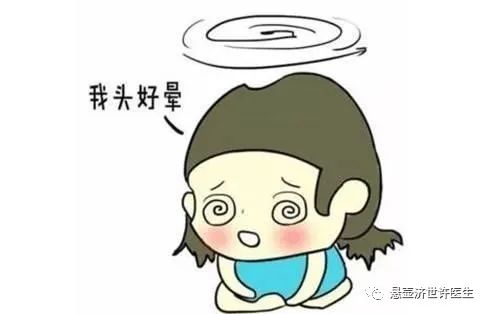
4. Spontaneous sweating Characterized by sweating at all times, more prevalent during the day. (Night sweating is referred to as “night sweats”)

5. Tongue coating and pulse of Qi deficiency The tongue is pale with a white coating, and the pulse is weak and forceless.
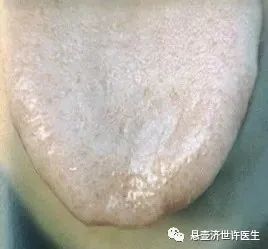
3. Symptoms Triggered by Qi Deficiency
1. Qi deficiency can easily lead to metabolic disorders of body fluids, resulting in edema.
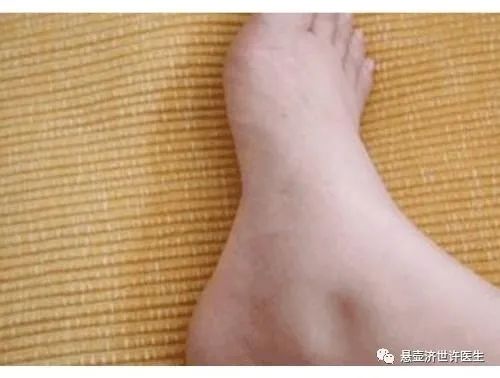
2. Qi deficiency, especially severe spleen Qi deficiency, can lead to prolapse of the middle Qi. This is primarily characterized by a pale complexion, dizziness, easy sweating, shortness of breath, fatigue, reduced appetite, loose stools, a heavy sensation in the abdomen, frequent urge to defecate, and cloudy urine resembling rice water. This is commonly seen in conditions such as gastric prolapse, kidney prolapse, uterine prolapse, rectal prolapse, and chronic diarrhea.
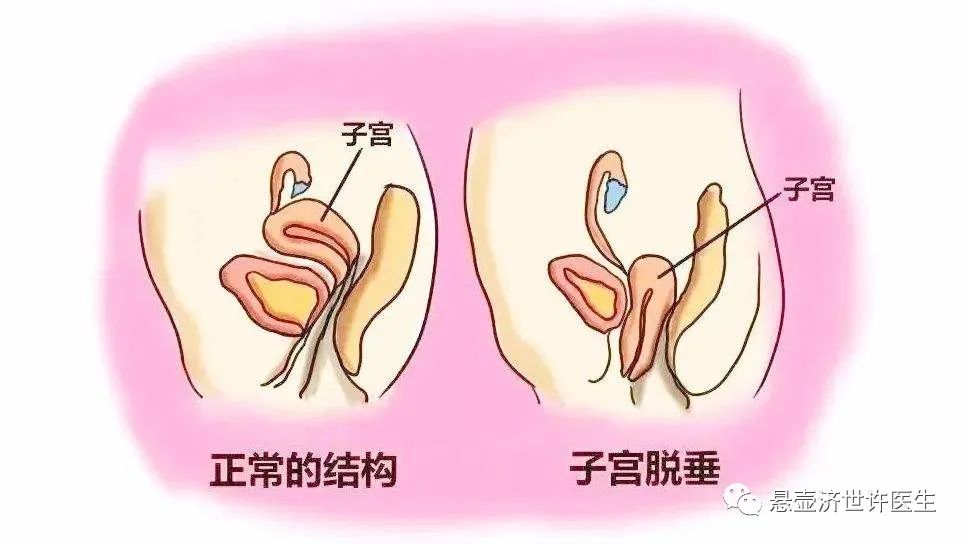
3. Qi deficiency can also lead to reduced organ function, manifesting as a series of signs of organ weakness. This is comparable to what modern medicine considers chronic diseases, such as hypertension, diabetes, chronic obstructive pulmonary disease (COPD), coronary heart disease, various digestive disorders, chronic gastritis, malabsorption, and developmental disorders in children.
